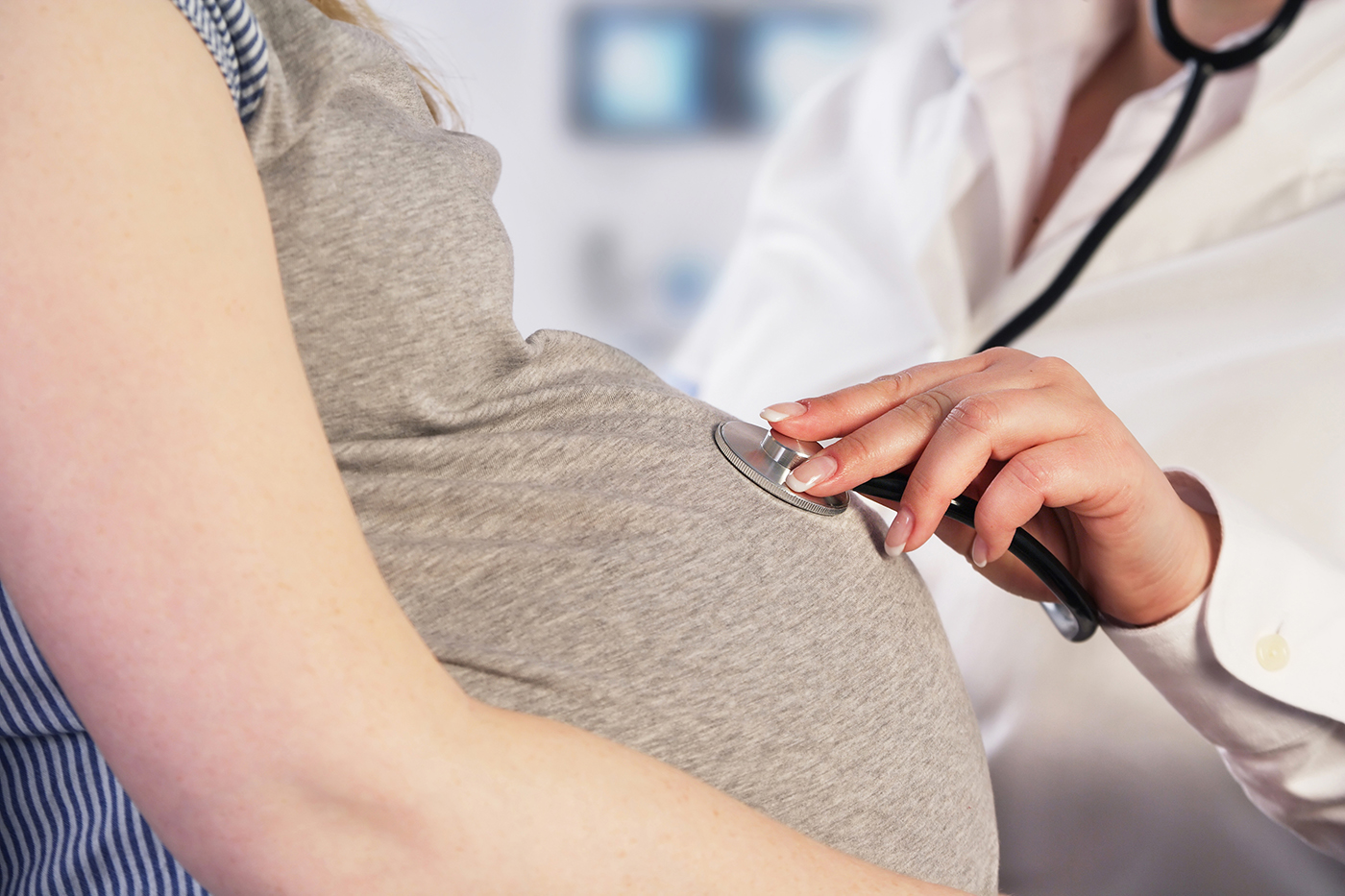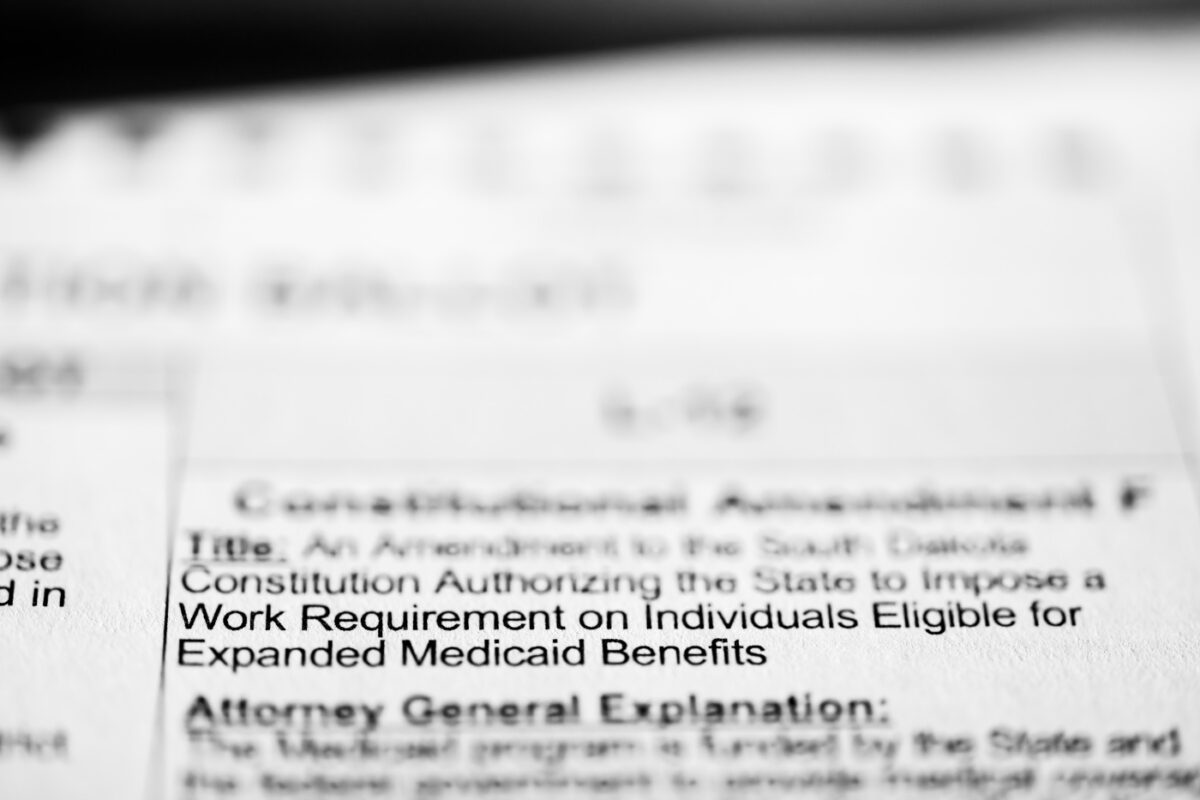
Author
Jennifer Wessel, JD, MPH
Senior Policy Analyst and Data Privacy Officer
501-526-2244
JBWessel@achi.net
Under the American Rescue Plan Act of 2021 (ARP), Arkansas has the option to extend postpartum coverage under Medicaid from 60 days, the minimum required by federal law, to 12 months beginning on April 1, 2022. While most states provide comprehensive coverage to all pregnant Medicaid beneficiaries (i.e., full benefits), Arkansas limits coverage to some beneficiaries to services related to pregnancy, including postpartum follow-up and family planning services, and services that, if not provided, could complicate pregnancy.
If Arkansas takes the ARP option, comprehensive coverage during a 12-month postpartum period would be required for all beneficiaries who were enrolled in Medicaid while pregnant. The state would also need to provide continuous coverage despite changes in circumstances (e.g., change in income or household composition) to ensure individuals remain enrolled until the end of the 12-month period. Legislation was introduced to adopt the ARP option during the Arkansas General Assembly’s 2021 regular session; however, it was unsuccessful.
According to the Arkansas Maternal Mortality Review Committee 2021 Legislative Report, 47% of pregnancy-associated deaths in Arkansas occurred between 43 days and one year postpartum in 2018. The pregnancy-related mortality rate was 33 deaths per 100,000 live births. Black non-Hispanic women comprised of 19% of all births and 37% of all pregnancy-associated deaths. According to the CDC, Black and American Indian/Alaska Native women were two to three times as likely to die from a pregnancy-related cause than White women. Ninety-two percent of pregnancy-related deaths were considered potentially preventable.
The Medicaid and CHIP Payment and Access Commission reports that in 2018, 46% of births in Arkansas were covered under Medicaid – an estimate that likely doesn’t include the Medicaid expansion population while KFF reports 68% – an estimate that likely includes the Medicaid expansion population. After 60 days postpartum, many women become uninsured, particularly in states that did not expand Medicaid under the Affordable Care Act.
In Arkansas, individuals enrolled in Medicaid coverage for pregnant women may become eligible at the end of the postpartum period for Arkansas Works, the state’s Medicaid expansion program that provides coverage to adults earning at or below 138% of the federal poverty level. Others have access to plans offered through the Health Insurance Marketplace with no or low monthly premiums, at least through 2022. Though both programs offer comprehensive services for these women, it may be beneficial to continue postpartum coverage under Medicaid to avoid potential financial barriers and disruption in continuity of care following transition in coverage.
The Build Back Better Act (BBB) reconciliation bill, which has passed the House and is with the Senate, would permanently require all states to provide 12 months of Medicaid and CHIP postpartum coverage starting in the first fiscal quarter one year after the date of enactment (as early as Jan. 1, 2023). Until the BBB requirement takes effect, if passed, states may elect to adopt the option under the ARP and receive federal matching funds starting on April 1, 2022. KFF is tracking actions by states to extend postpartum coverage. Currently, five states have approved 1115 waivers, temporary waivers under Medicaid that allow states to implement experimental or demonstration projects. States that extended postpartum coverage through 1115 waivers may choose to transition the authority to their Medicaid and CHIP state plans under the new state plan amendment option.
For more information on the extended postpartum coverage option under the ARP, see the Centers for Medicare and Medicaid Services’ guidance and FAQs.






